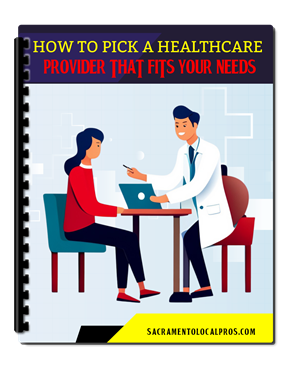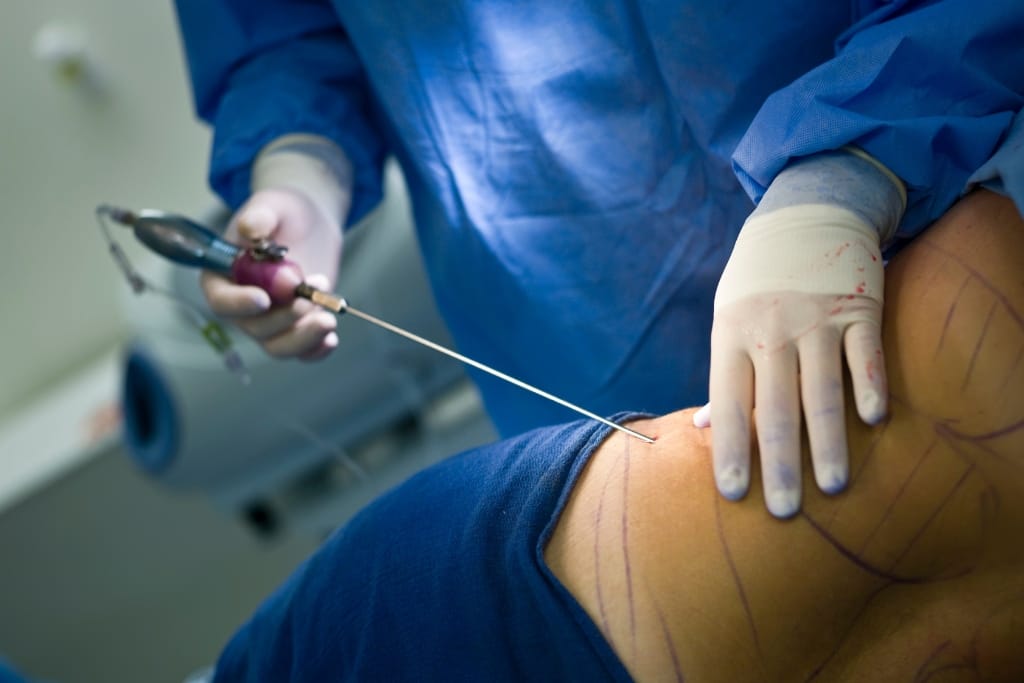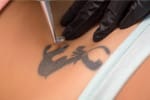Choosing the right surgeon for your liposuction procedure is one of the most important decisions you’ll make in your cosmetic journey.
Ensuring the surgeon you select is experienced, trustworthy, and aligned with your goals requires asking the right questions before moving forward.
By understanding what to ask, you’ll gain clarity about the process, feel confident in your choices, and secure the best possible results.
Discover the key questions that will help guide you toward making an informed and empowered decision.
1)) What Qualifications And Certifications Do You Have As A Surgeon?
Ensuring your surgeon has the proper qualifications and certifications is a fundamental step in evaluating their expertise.
Board certification, such as from the American Board of Plastic Surgery (ABPS), signifies that the surgeon has undergone rigorous training, met the highest standards in the field, and stays updated with the latest advancements in cosmetic surgery.
Membership in reputable organizations like the American Society of Plastic Surgeons (ASPS) can further affirm their commitment to professionalism and excellence.
Don’t hesitate to ask about their education, residency training, and years of experience performing liposuction specifically.
This critical information will give you confidence in their abilities and help you make an informed choice.
2)) How Many Liposuction Procedures Have You Performed?
Experience plays a crucial role in selecting a surgeon for your liposuction procedure.
Asking how many liposuction surgeries they have performed provides insight into their expertise and familiarity with the technique.
A high number of completed procedures, coupled with consistent results, reflects the surgeon’s skill and ability to handle various body types and aesthetic goals.
Furthermore, inquire about their experience performing the specific type of liposuction you’re considering, such as tumescent, ultrasound-assisted, or laser-assisted liposuction.
Gaining a clear understanding of their track record will allow you to feel more confident in their capability to deliver the results you desire.
3)) Am I A Good Candidate For Liposuction?
Understanding whether you are a good candidate for liposuction is a vital aspect of your consultation.
Generally, ideal candidates are healthy individuals who are close to their target weight but struggle with stubborn fat deposits that don't respond to diet and exercise.
It’s also essential to have good skin elasticity, as this affects the procedure's outcome and your skin's ability to conform to your new contours.
Be open and honest about your medical history and lifestyle so the surgeon can assess whether liposuction is appropriate for you and aligned with your goals.
This clarity will ensure that your expectations are realistic and that the procedure is tailored to meet your needs effectively.
4)) What Type Of Liposuction Technique Will You Use, And Why?
Understanding the type of liposuction technique your surgeon recommends is crucial to setting expectations for your procedure and recovery.
Depending on your goals, anatomy, and medical history, your surgeon may suggest options like tumescent liposuction, which is widely used and involves injecting a solution to minimize bleeding and discomfort, or more advanced methods like ultrasound-assisted (UAL) or laser-assisted liposuction, which can target fat with greater precision.
Each technique has its advantages and may be better suited for specific cases.
Asking your surgeon why they recommend a particular approach will give you insight into their decision-making process and how it aligns with your desired results.
This discussion ensures that the technique chosen is the best fit for your unique needs.
5)) What Are The Potential Risks And Complications Associated With This Procedure?
It’s essential to have a clear understanding of the potential risks and complications associated with liposuction before deciding to move forward.
While liposuction is generally safe when performed by a qualified surgeon, no surgical procedure is entirely without risk.
Common risks may include bruising, swelling, infection, or changes in skin sensation. Rare but more serious complications, such as blood clots, excessive fluid loss, or anesthesia-related issues, can also occur.
Discussing these possibilities with your surgeon allows you to understand the measures they take to minimize risks and how they address complications should they arise.
Being informed about these aspects will help you feel prepared and reassured as you evaluate whether liposuction is the right choice for you.
6)) What Will Recovery Look Like, And How Long Will It Take?
Understanding the recovery process is a critical component of preparing for your liposuction procedure.
After the surgery, you can expect some bruising, swelling, and soreness in the treated areas, which generally subside within a few weeks.
Your surgeon may recommend wearing compression garments to aid healing and reduce swelling.
Most patients can resume light activities within a few days but should avoid strenuous exercise or heavy lifting for several weeks to ensure optimal healing.
Recovery time can vary depending on the extent of the procedure and the specific liposuction technique used.
By discussing recovery expectations with your surgeon, you can plan accordingly and support a smooth healing process that leads to the best possible results.
7)) What Kind Of Anesthesia Will Be Used During The Procedure?
Understanding the type of anesthesia to be used during your liposuction procedure is paramount in ensuring your comfort and safety.
Depending on the specifics of your procedure, your surgeon may use local anesthesia, which numbs only the targeted area, or general anesthesia, which renders you unconscious—a more common choice for extensive or multiple treatment areas.
Another option, twilight sedation, provides a balance by relaxing you and numbing the area without full unconsciousness.
Discussing this in detail with your surgeon helps clarify why a particular type of anesthesia is recommended based on your health, the technique being used, and the procedure's duration.
This knowledge allows you to approach the surgery with greater confidence and peace of mind.
8)) Will I Need Multiple Sessions To Achieve My Desired Results?
The need for multiple liposuction sessions to achieve your desired results depends on various factors, including the extent of the fat removal required and the areas being treated.
For some individuals, a single session may be sufficient to address their aesthetic goals effectively.
However, in cases involving larger or multiple treatment areas, or if your surgeon needs to ensure a more gradual and safe approach, additional sessions might be necessary.
It’s also important to remember that liposuction is designed for body contouring, not weight loss, so managing expectations is key.
By discussing your goals and concerns with your surgeon, you can gain a clear understanding of whether multiple sessions will be required and how they will fit into your overall treatment plan.
This conversation ensures your approach is tailored to deliver the best possible outcomes.
9)) How Do You Handle Post-Operative Care And Follow-Up?
Post-operative care and follow-up are crucial elements of a successful liposuction procedure, ensuring proper healing and long-term results.
Your surgeon should provide you with detailed post-operative instructions, which may include taking prescribed medications, wearing compression garments, and attending scheduled follow-up appointments.
These visits allow your surgeon to monitor your progress, address any concerns, and ensure that your recovery is on track.
Open communication with your surgeon during the follow-up period is key to addressing any unexpected issues or questions that may arise.
Knowing that your surgeon prioritizes comprehensive post-operative care provides confidence that you are supported throughout the recovery process.
10)) What Can I Realistically Expect In Terms Of Results?
Liposuction can deliver significant improvements in body contour and help you achieve a slimmer, more proportionate appearance, but it is essential to maintain realistic expectations about the results.
The procedure is most effective for individuals who are close to their ideal weight but want to target stubborn areas of fat that are resistant to diet and exercise.
While liposuction permanently removes fat cells from the treated areas, it does not prevent future weight gain, making a healthy lifestyle critical to maintaining your results over time.
The outcome will become more apparent as swelling subsides, which can take a few weeks to months depending on the extent of the procedure.
By working closely with your surgeon to understand what is achievable based on your unique body type and goals, you can approach your procedure with clarity and confidence, knowing what to anticipate.
Conclusion
Achieving your desired results through liposuction requires careful planning, open communication with your surgeon, and a commitment to following post-operative care instructions.
By understanding the procedure, setting realistic expectations, and considering all aspects like anesthesia, recovery time, and potential for multiple sessions, you can ensure a smooth and successful experience.
With the right support and guidance from a skilled surgeon, liposuction can be a safe and effective way to enhance your confidence, helping you feel more comfortable and satisfied with your body.
Download Our Free E-book!








